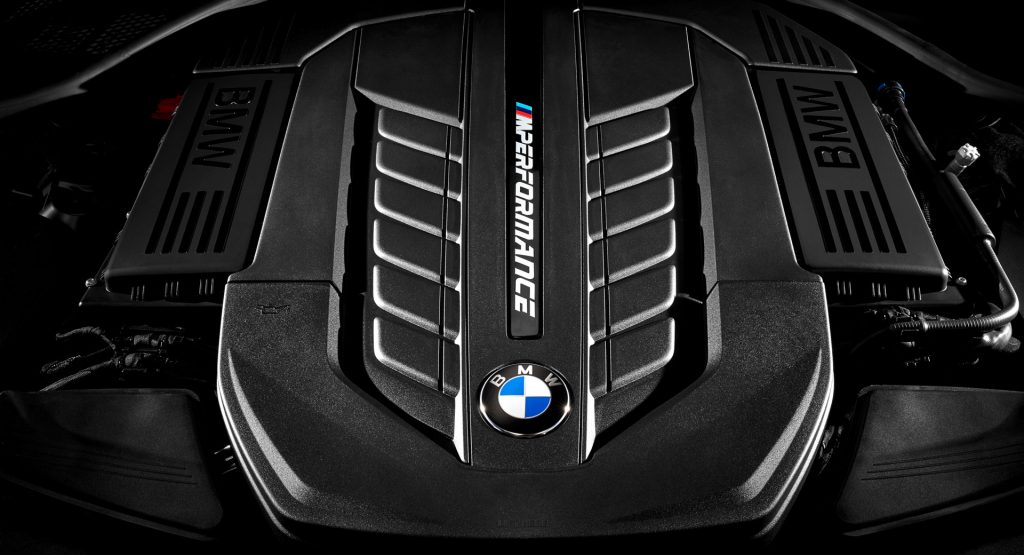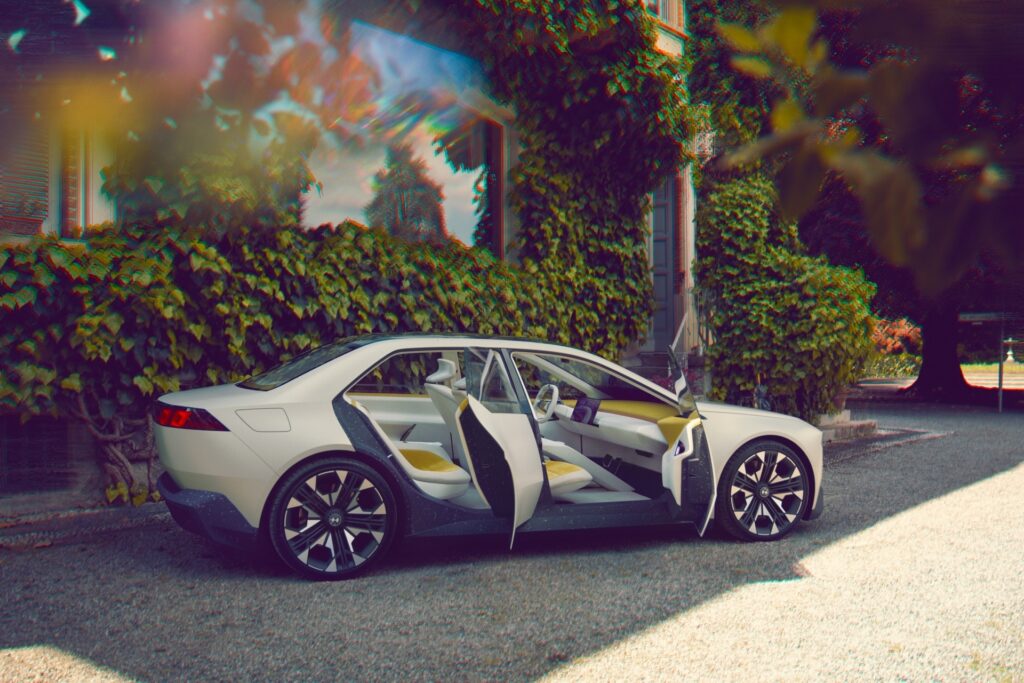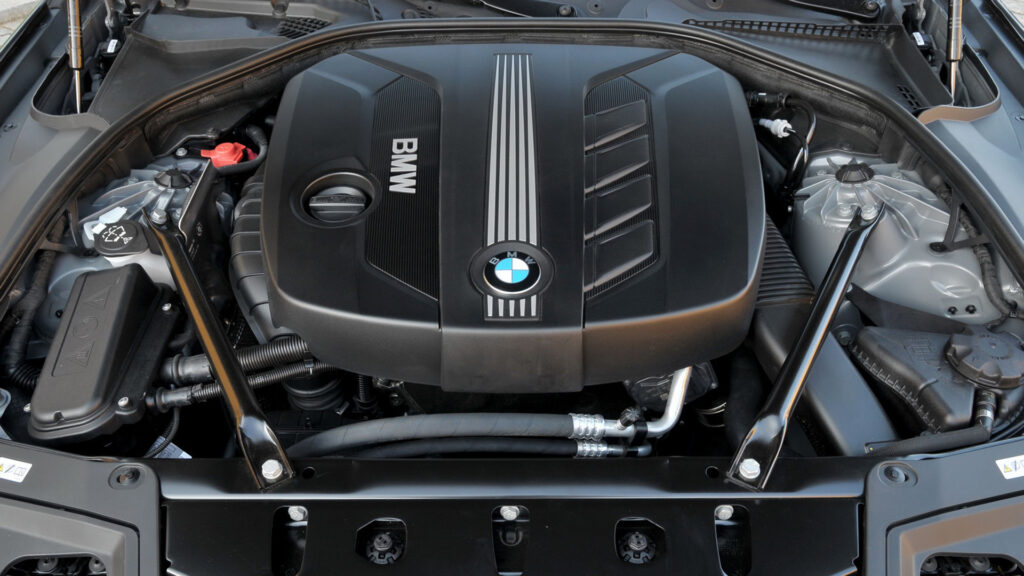BMW will not follow in the footsteps of some of its counterparts in specifying a date on which it plans to stop producing internal combustion engines.
While Mercedes-Benz says it will go all-electric by 2030 if market conditions allow and Audi will go all-electric by 2033 everywhere other than China, member of the board of management for BMW Group development, Frank Weber, believes that ICE and EV models can continue to co-exist well into the future.
“We will not announce any end date of the combustion engine,” Weber told media members at the recent launch of the new 5-Series. “We will not confuse the BMW brand. It’s really key, it’s really important for us. So you will also see in the future that whether we make an ICE offer or pure BEV offer, they will co-exist in markets because you see a large share of ICE and you see a large share of growing BEV and I think we will match also in the future for the next 10 or 15 years.”

Speaking with Car Sales, Weber added that transforming the brand into a manufacturer of nothing but electric vehicles would be extraordinarily difficult, particularly in markets where the transition to EVs is going to take longer.
Read: BMW Is Developing A New Generation Of Internal Combustion Engines
“Ask yourself what … [is required] for an economy that is 100 percent BEV-ready? This economy actually consists of four areas: green electricity… green raw [battery] materials sufficiently available… charging infrastructure is an obvious one. Without this, it won’t work,” he noted. “And the last thing is, if you’re not closing the material cycles with recycling, the system of a BEV won’t be sustainable.”
The recently unveiled BMW Neue Klasse represents the future of the brand. Not only does it have a new architecture set to underpin a host of electric BMW models but the carmaker has also ensured the Neue Klasse is compatible with combustion vehicles.




